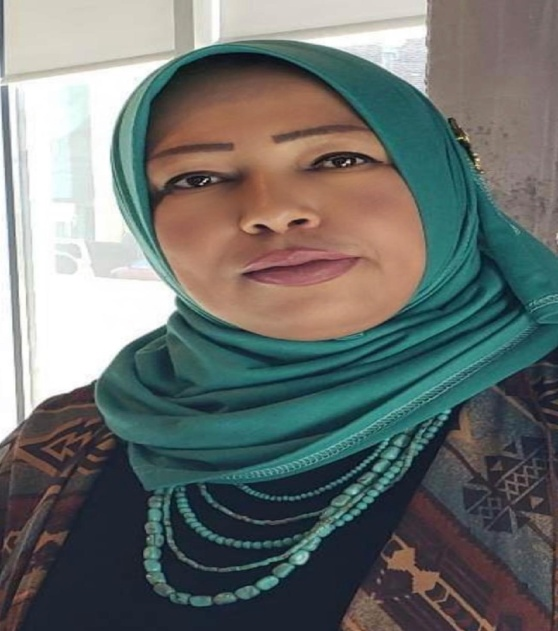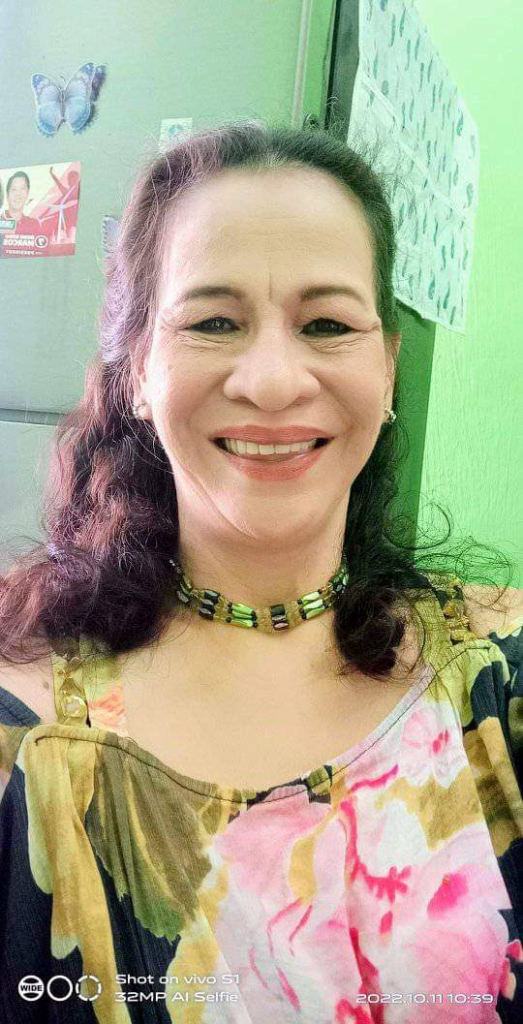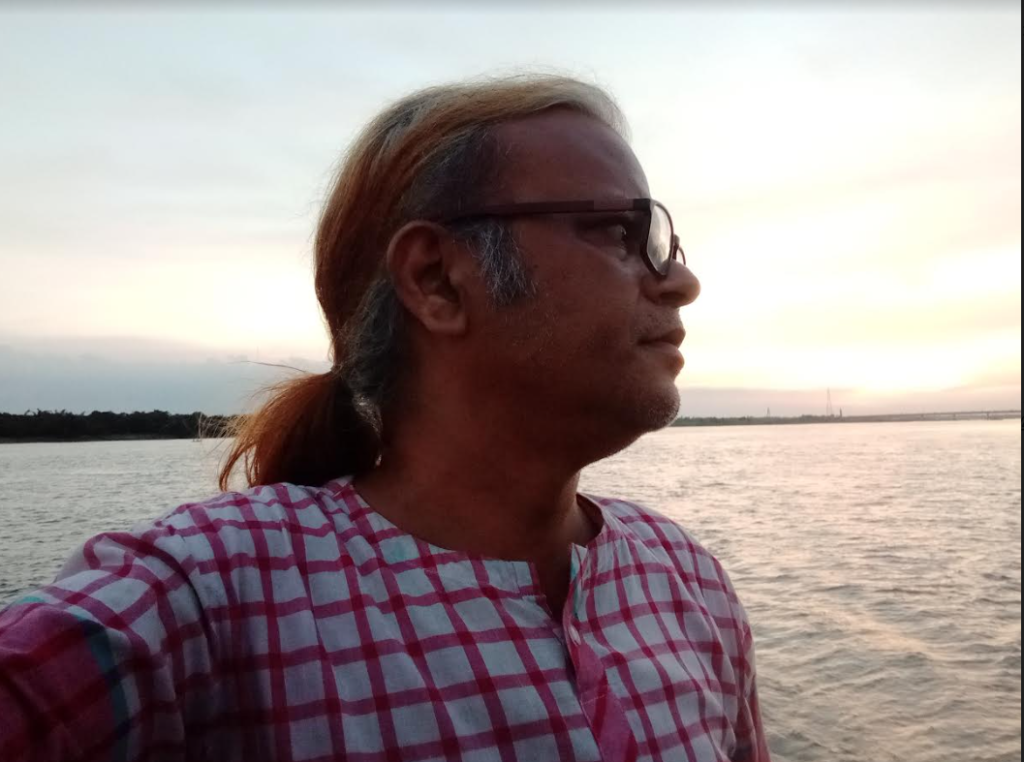
Lipstick
A Babylonian once told me:
When my name bores me,
I throw it in the river
And return renewed!
* * * * * *
Basra existed
Even before al-Sayyab viewed its streets
Bathed in poetry
As verdant as
A poet’s heart when her
Prince pauses trustfully to sing
While sublime maidens dance–
Brown like mud in the orchards
Soft like mud in the orchards
Scented with henna like mud in the orchards—
And a poem punctuates each of their pirouettes as
They walk straight to the river.
I’ve discovered no place in the city broader than Five Mile.
He declared:
I used to visit there night and day,
When sun and moon were locked in intimate embrace.
Then they quarreled.
2
The Gulf’s water was sweet,
Each ship would unload its cargo,
And crew members enjoyed a bite of an apple
And some honey.
The women were radiant;
So men’s necks swiveled each time ladies’ shadows
Moved beneath the palms’ fronds.
These women needed no adornment;
One look sufficed to coax you to cling to life,
But their purses catered to beauty.
* * * * * *
Snipers
Infantrymen
Sailors
Bedded gems, emeralds.
Their souls persuaded each of them to gaze at these belles
And to break as humbly as waves at their feet.
Worldly men cast their ancestors’ laws from their backs
And set off to draw eyes on the ports’ gates.
Beneath each window
Slumbered a witness to a lover crucified by love
But who died singing
Before you hear the rumble of trains.
3
Cooing laughter calms your spirit.
You shan’t be chided for helping yourself to a whisper.
That man told me everything lipstick confided to him,
Urging him to reveal it!
* * * * * *
This was before the city donned black
To the end of its rivers;
Before crows’ caws blended with blood’s color over our dawns,
Before our streets bedded down early like Mukruk hens.
Women have stripped off their beauty,
Their spirits are embittered,
Their lips are cracked,
And you won’t find even the last stub of
Lipstick in their purses.
By Faleeha Hassan
Translated by William Hutchins
Faleeha Hassan is a poet, teacher, editor, writer, and playwright born in Najaf, Iraq, in 1967, who now lives in the United States. Faleeha was the first woman to write poetry for children in Iraq. She received her master’s degree in Arabic literature, and has now published 26 books, her poems have been translated into English, Turkmen, Bosnian, Indian, French, Italian, German, Kurdish, Spain, Korean, Greek, Serbia, Albanian, Pakistani, Romanian, Malayalam, Chinese, ODIA, Nepali and Macedonian language. She is a Pulitzer Prize Nominee for 2018, and a Pushcart Prize Nominee for 2019. She’s a member of the International Writers and Artists Association. Winner of the Women of Excellence Inspiration award from SJ magazine 2020, and the Winner of the Grand Jury Award (the Sahitto International Award for Literature 2021). She served on the Women of Excellence selection committees for 2023, was a winner of a Women In The Arts award in 2023 and a Member of Who’s Who in America 2023. She’s on the Sahitto Award’s judging panel for 2023 and a cultural ambassador between Iraq and the US.




